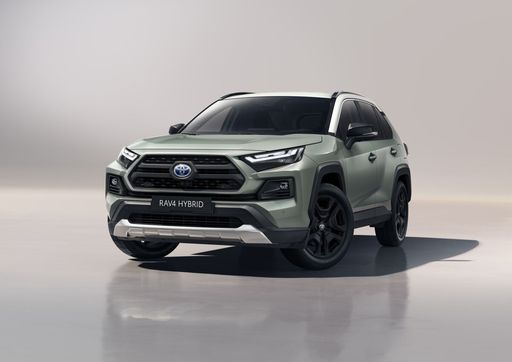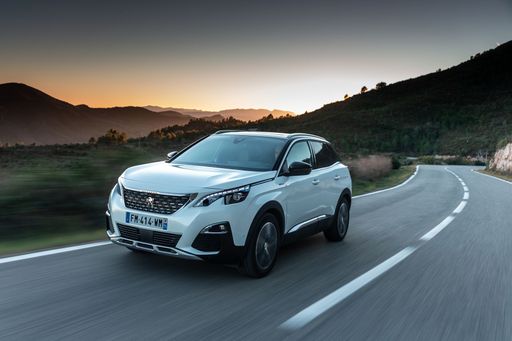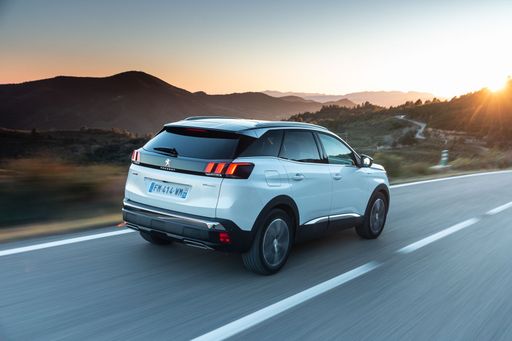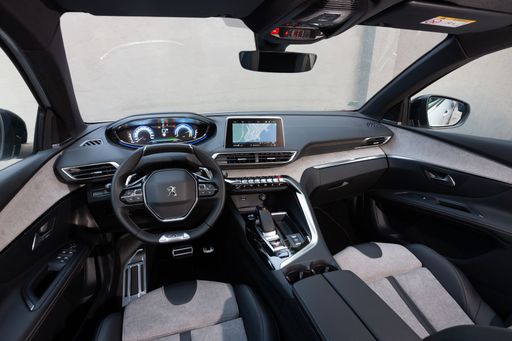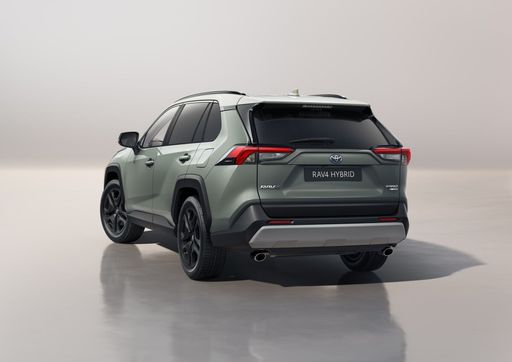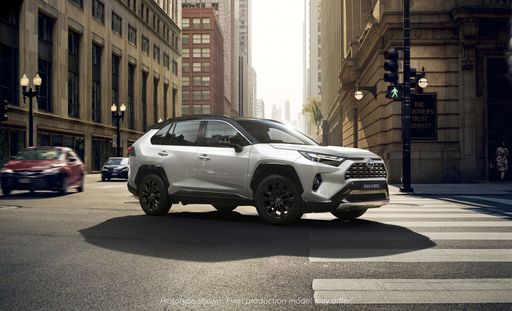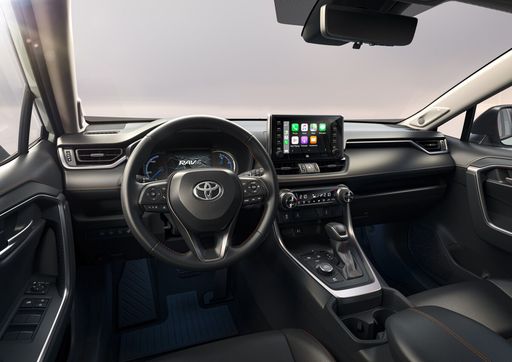Peugeot 3008 vs. Toyota RAV4: A Comprehensive Comparison
In the competitive world of compact SUVs, the Peugeot 3008 and Toyota RAV4 stand out as excellent options for those seeking performance, style, and advanced technology. Both vehicles have their unique features, making them appealing to different types of drivers. This article will delve into a side-by-side comparison of the two models, focusing on technical specifications and innovative features.

